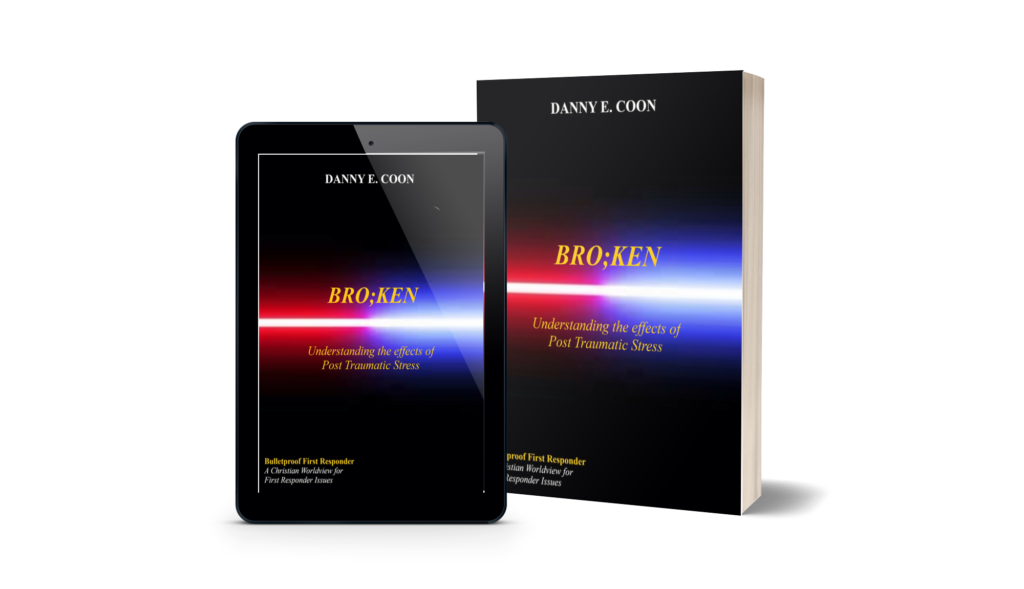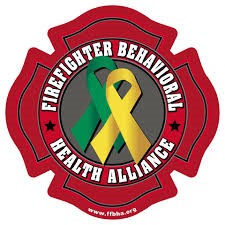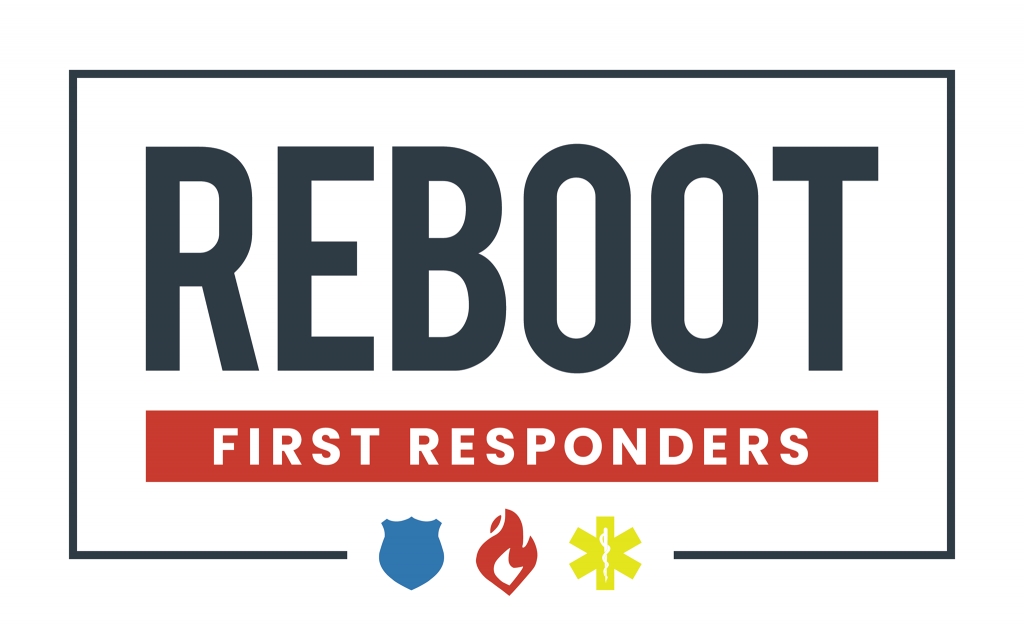Cynicism and the First Responder

photo courtesy www.desiringgod.org
For the First Responder, “Cynicism can be defined as a means to display an attitude of contemptuous distrust of human nature and motives,”[1] or believing the worst of someone or something. Cynicism in the United States flows like the tide, sometimes High, sometimes Low. However, in the public safety arena, it is common for our first responders to develop and maintain a very cynical outlook on what surrounds them.
Blessed is the man that walks not in the counsel of the ungodly, nor stands in the way of the sinners, nor sits in the seat of the scornful
Psalms 1.1 NIV
Being like cancer, cynicism does not discriminate, has no respect and grows within individuals and organizations. Cynicism is not good, it is ugly and a symptom of deeper, more destructive issues. People who are cynical are irritable and grumpy. Not being engaged in their job and not having a positive attitude, cynical people cannot be productive, in fact, they may spread their negative attitude to other employees. Cynicism in the workplace harms professional relationships, drains enthusiasm and undermines change.
Similar to nihilistic skepticism, cynicism incorporates pessimism toward everyday events possibly ignoring what is considered objectively true. The cynical mind diminishes trust making the truth unimportant. It could include a negative response to accepted moral values showing contempt for community standards. Many first responders, and specifically peace officers, have an “us versus them” attitude. Many believe it is more stressful being around the “bosses” then it is serving the public.
Usually, cynical people are those who feel hopeless, powerless and unsafe. They live in fear and tend not to “venture out” maintaining the status quo. Cynical people may feel like they are not being listened to and that their leaders do not have their best interest at heart. Many may feel their leaders are ineffective causing them to lose faith in their organization. Uncontrolled, cynicism could lead the isolation, depression, and suicide.
Nihilism
Nihilism is the belief that all values are baseless and that nothing can be known or communicated. It is often associated with extreme pessimism and a radical skepticism that condemns existence. A true nihilist would believe nothing, have no loyalties, and no purpose other than, perhaps, an impulse to destroy.
The U.S. Fire Administration identifies cynicism as a major component of “burnout,” the psychological response to chronic work stress.
First responders, and especially law enforcement officers, face situations, unlike any other profession. They are constantly watching what is going on around them maintaining situational awareness.
While cynicism contributes to a negative work environment, the inability to trust those outside the circle, causing various health issues, there are benefits to optimizing controlled cynicism. A cynical mind could be the difference between life and death. A suspicious attitude gives the first responder the ability to assess situations and react accordingly, thus, improving situational awareness.
To control a cynical attitude the first responder must invest in a life outside of their profession. Typically, first responders do not invest in friendships outside of the first responder network. Socializing with friends and family outside of the first responder family is a way to curb an overly cynical attitude. Finding activities not related to the profession is another way to stem the tide of cynicism, pulling away from the stress of dealing with unreliable and unpredictable people daily.
Of course, coupled with outside socialization and activities you must have a loving and sincere relationship with God through Jesus Christ. The Bible illustrates many examples of people being cynical. Job was a pessimist cursing the day of his birth. Jonah was cynical toward Nineveh by believing their people did not deserve God’s forgiveness. Prior to becoming disciples of Jesus Christ, Philip told Nathanael,
“We have found the one Moses wrote about in the Law, and about whom the prophets also wrote—Jesus of Nazareth, the son of Joseph.”
John 1:45 NIV
Nathanael said to Phillip,
“Nazareth! Can anything good come from there?”
John 1:46 NIV
The Bible also tells us that Satan’s first recorded words are cynical;
4“You will not certainly die,” the serpent said to the woman. 5 “For God knows that when you eat from it your eyes will be opened, and you will be like God, knowing good and evil.”
Genesis 3:4-5 NIV
Because we live in this world, it is easy for us to fall into the trap of cynicism and sarcasm. Cynicism is not cool and definitely not harmless. It is not a hopeful spirit that trusts God. Pessimistic, judgmental and skeptical people do not rest in the viable and dynamic righteousness of God for their benefit. While protecting you from crushing disappointment, cynicism paralyzes you from moving forward.
Cynicism and defeated weariness have this in common: they both question the active goodness of God on our behalf. Left unchallenged, their low-level doubt opens the door for bigger doubt.[2]
 The Bible tells us that God knows our world. God sees how we treat one another; He sees our violence and hatred upon each other. But instead of walking away from us, God gave us the love of Jesus Christ. We threw the worst of humanity directly at Jesus: contempt, misuse, scorn, dismissal, and demise. What’s more, God transformed it into life—life for himself as well as life for us.
The Bible tells us that God knows our world. God sees how we treat one another; He sees our violence and hatred upon each other. But instead of walking away from us, God gave us the love of Jesus Christ. We threw the worst of humanity directly at Jesus: contempt, misuse, scorn, dismissal, and demise. What’s more, God transformed it into life—life for himself as well as life for us.
The Bible tells us that Jesus sees our hate and He fills it with love, He sees our anguish and pain and in return, He gives us hope. The Apostle Paul wrote;
8But God demonstrates his own love for us in this: While we were still sinners, Christ died for us.
Romans 5:8 NIV
Being cynical is not a permanent condition, remember, life did not make us cynical – we made ourselves cynical. Silence yourselves before God and listen when he says;
31Get rid of all bitterness, rage and anger, brawling and slander, along with every form of malice.
Ephesians 4:31 NIV
The cure for cynicism is love, in his First Epistle to the Corinthians, Paul the Apostle wrote;
4Love is patient, love is kind. It does not envy, it does not boast, it is not proud. 5 It does not dishonor others, it is not self-seeking, it is not easily angered, it keeps no record of wrongs. 6 Love does not delight in evil but rejoices with the truth. 7It always protects, always trusts, always hopes, always perseveres.
8Love never fails. But where there are prophecies, they will cease; where there are tongues, they will be stilled; where there is knowledge, it will pass away.
1 Corinthians 13:4-8 NIV
IF YOU HAVE THOUGHTS OF SUICIDE GET HELP NOW
Law Enforcement Copline (800) 267-5463
Firefighters / Medics Fire/EMS HELPLINE (800) 731-FIRE (3473)
“To be a Christian means to forgive the inexcusable in others, because God has forgiven the inexcusable in you”
C.S. Lewis










